In an era where international travel shapes culture, business, and opportunity, the strength of your passport plays a critical role in your ability to move freely around the globe. A powerful passport is not just a travel document—it’s a symbol of diplomatic trust, economic influence, and international cooperation.
The Henley Passport Index 2025, widely regarded as the definitive ranking for passports, recently unveiled the countries offering their citizens the greatest visa-free or visa-on-arrival access. But why does this ranking matter? Because a passport’s strength can affect everything from spontaneous vacations and business expansion to study abroad programs and immigration ease.
The global political landscape is constantly evolving: new trade deals, shifting alliances, and geopolitical tensions all impact which passports open the most doors. As borders become more secure yet interconnected, having a powerful passport is a privilege—and a strategic advantage. This year’s rankings highlight significant shifts, reflecting not only which countries have worked hardest on diplomacy but also broader trends shaping global mobility.
Let’s unpack the top 10 most powerful passports in 2025, explore why they matter, and see what this means for global travelers and citizens.

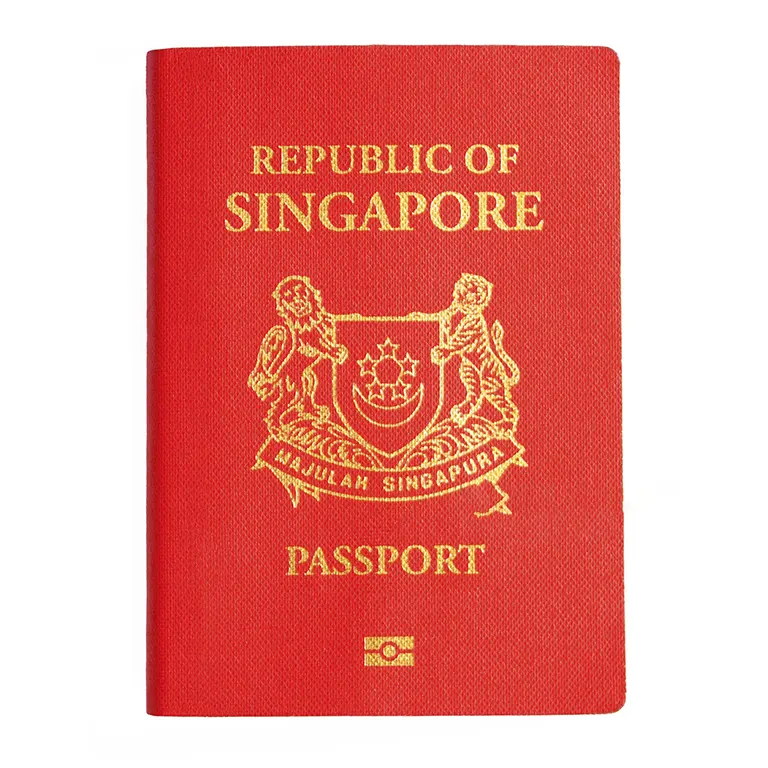
Singapore reigns supreme for the fourth consecutive year, holding visa-free or visa-on-arrival access to 193 countries, the highest in the world. This remarkable achievement is no accident. Singapore’s strategic diplomacy, openness to trade, and reputation as a safe, economically vibrant city-state have cultivated extensive bilateral and multilateral agreements.
Singapore’s passport allows seamless travel across all major continents—from the Schengen Zone in Europe, to North America, Africa, and almost every country in Asia. For Singaporeans, this means visa-free entry to powerhouse economies like the US, Canada, and Australia, as well as rapid access to emerging markets.
The strength of the Singaporean passport also reflects the nation’s unique position as a financial hub. Multinational corporations headquartered there and a diverse expatriate population make international mobility a priority. Moreover, Singapore’s strict domestic security and transparent governance contribute to the global trust that underpins its travel freedoms.
Real-World Impact: Singapore’s passport holders benefit from virtually unrestricted travel for tourism, education, business, and diplomatic missions. For example, business executives can attend meetings across Asia and Europe without visa delays, students can access prestigious universities worldwide, and tourists enjoy spontaneous global adventures.

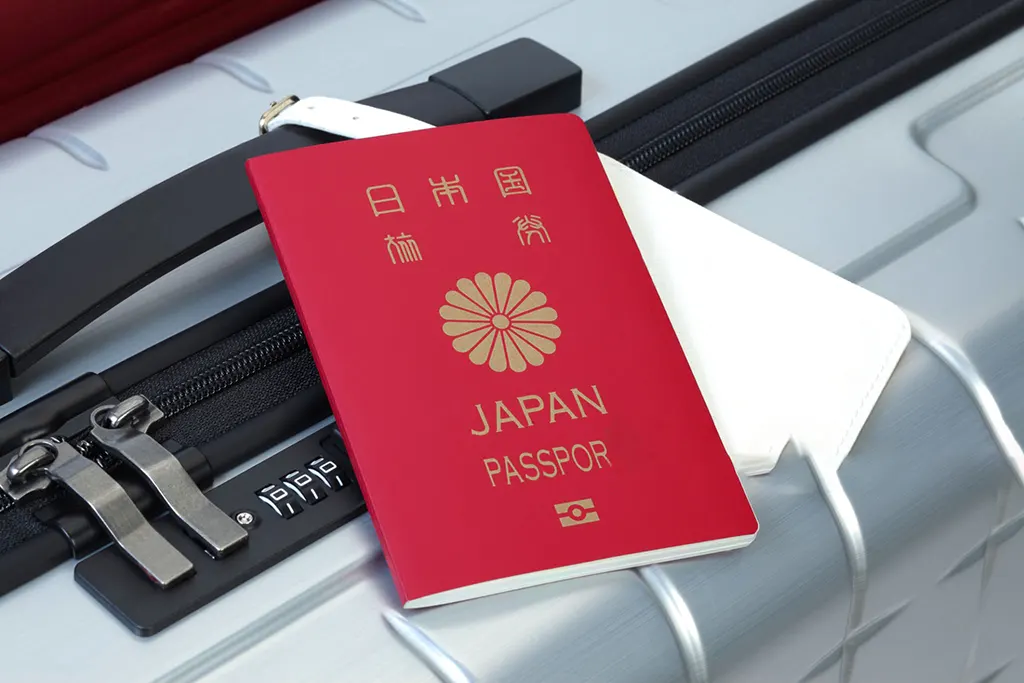
Japan’s rise in passport power reflects its deep-rooted global ties and soft power. Offering visa-free or visa-on-arrival access to 190 countries, Japan has consistently ranked among the top passports worldwide. This success is the product of Japan’s decades of investment in diplomacy, cultural exchange, and economic partnerships.
Japanese citizens enjoy streamlined entry into the vast majority of Europe, North America, Southeast Asia, and Oceania. The government’s active engagement in bilateral agreements, especially in Asia-Pacific and the European Union, enhances these privileges.
Japan’s passport also symbolizes the country’s strong security protocols, rule of law, and political stability—factors that contribute to international confidence. Additionally, Japan’s reputation as a leader in technology and innovation has expanded its soft power influence, making its citizens welcome travelers around the world.
Real-World Impact: Japanese passport holders benefit from easy access to major business hubs, global cultural centers, and tourist destinations. This mobility supports the country’s role in international trade and global innovation, as Japanese professionals and students can participate freely in worldwide exchanges.

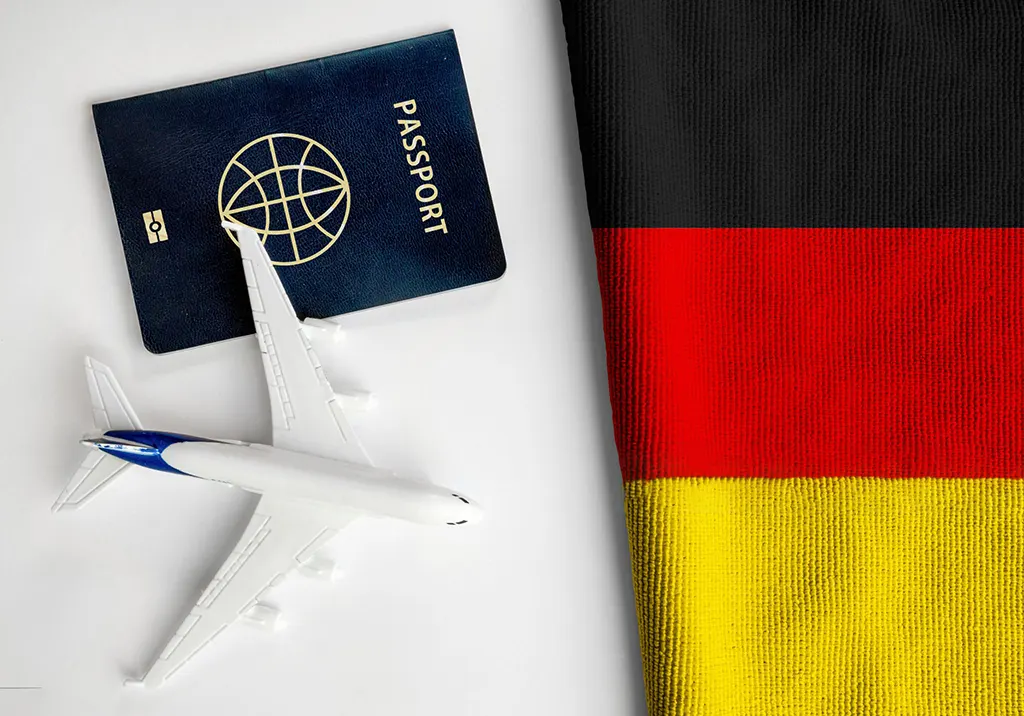
Germany is Europe’s economic powerhouse and its passport reflects that strength. With visa-free access to 189 countries, Germany offers its citizens vast global mobility. As a key member of the European Union and Schengen Area, German passport holders enjoy not only broad travel within Europe but also extensive privileges worldwide.
Germany’s long-standing diplomatic relations, coupled with a robust economy and political stability, build significant international trust. The country’s leadership within the EU also facilitates reciprocal visa arrangements, further enhancing travel freedom.
The German passport is often considered a “gold standard” for travel, allowing holders access to countries that typically impose strict entry requirements. Its combination of EU membership and global diplomacy ensures an excellent balance of regional freedom and worldwide access.
Real-World Impact: German citizens can easily travel for business, leisure, and education. Whether attending conferences in the US, touring Southeast Asia, or studying in Australia, the passport opens doors with minimal administrative burden.
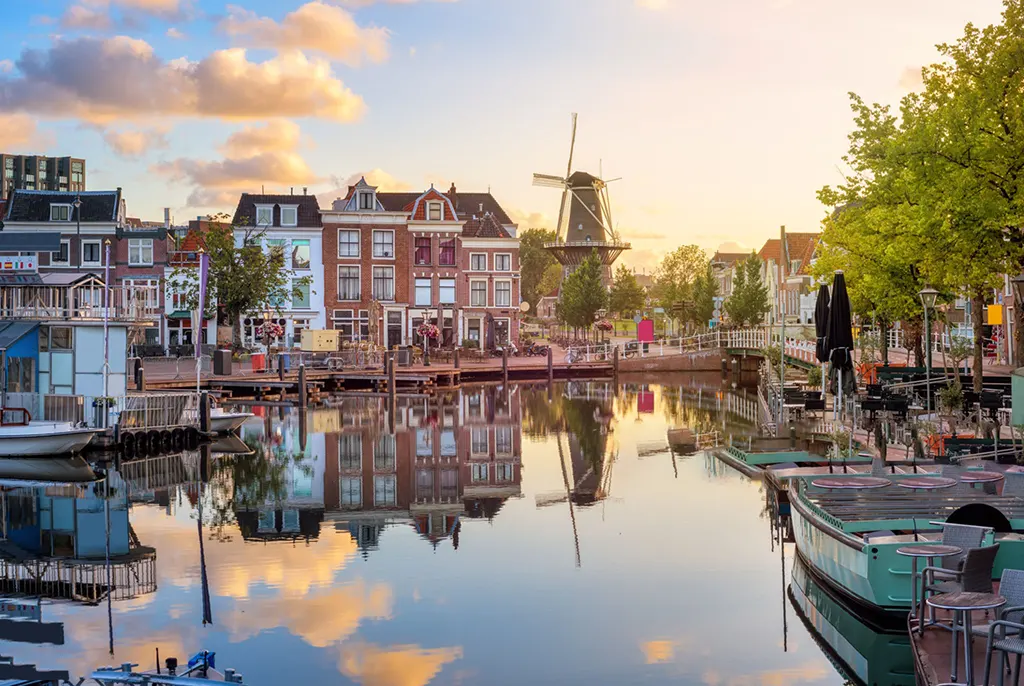
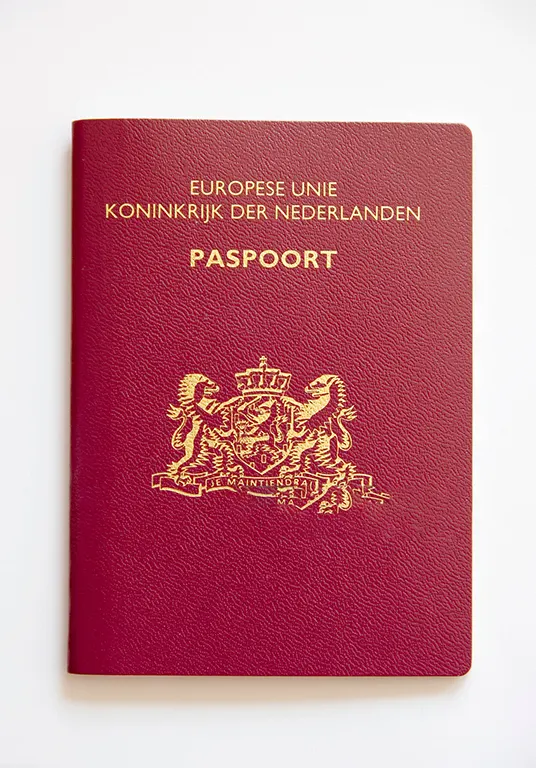
The Dutch passport grants access to 188 countries, thanks to the Netherlands’ extensive diplomatic reach and economic influence. Known for its trade and finance sectors, the country has forged solid partnerships worldwide, reflected in its travel freedom.
The Netherlands benefits from European Union membership, which facilitates unrestricted travel throughout Europe. Beyond the continent, the country’s active role in international organizations—like the UN and NATO—bolsters its diplomatic strength.
Dutch citizens enjoy easy entry to diverse regions, including the Americas, Asia, and Africa. The passport’s power is also tied to the Netherlands’ reputation for human rights, democracy, and political stability, all of which contribute to international confidence.
Real-World Impact: The Dutch passport supports an open and mobile society, enabling entrepreneurs to build businesses abroad, students to study internationally, and families to travel globally without red tape.

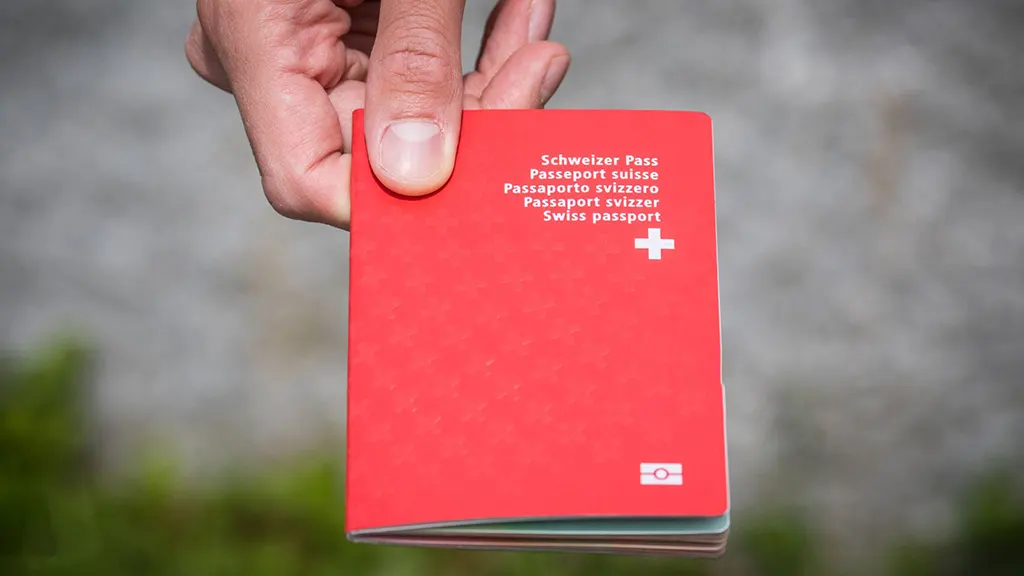
Switzerland’s passport offers access to 187 countries and symbolizes the country’s global neutrality and stability. Renowned for its diplomatic discretion and financial influence, Switzerland has cultivated a unique position in international relations.
The Swiss government’s commitment to neutrality, humanitarian efforts, and economic cooperation has earned widespread respect. This reputation translates into extensive visa waivers and arrival privileges for Swiss citizens.
Though not an EU member, Switzerland’s bilateral agreements with the EU and other countries allow its passport holders to travel extensively across Europe and beyond.
Real-World Impact: Swiss citizens enjoy exceptional travel freedom that supports their country’s strong presence in international banking, diplomacy, and global business. Whether for work or leisure, the passport reduces travel barriers significantly.
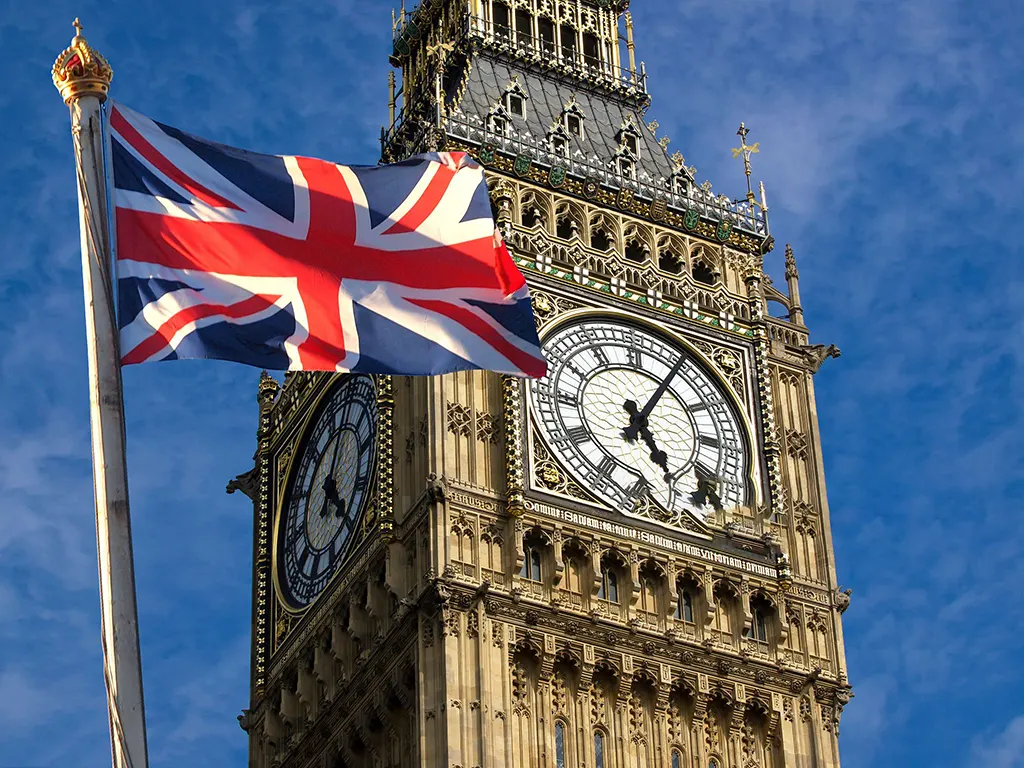
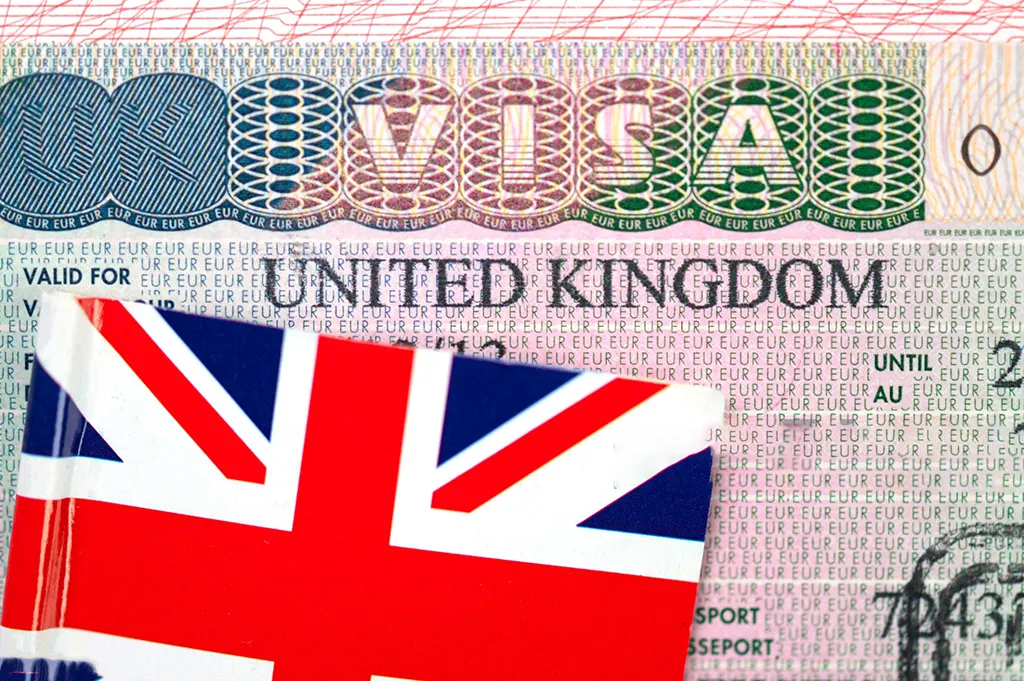
The UK passport remains highly powerful with visa-free access to 186 countries, despite the complexities introduced by Brexit. The UK’s historic ties through the Commonwealth, as well as its global diplomatic network, preserve its strong travel privileges.
British citizens benefit from visa-free access to Europe, the Americas, Asia, and many parts of Africa. Although Brexit has introduced some restrictions within the EU, the UK has pursued its own bilateral agreements to maintain broad mobility.
The UK’s cultural influence, language advantage, and role as a global financial center also help retain its passport’s value.
Real-World Impact: The British passport remains essential for international business travelers, tourists, and students, facilitating easy access to diverse global destinations even amid shifting geopolitical landscapes.
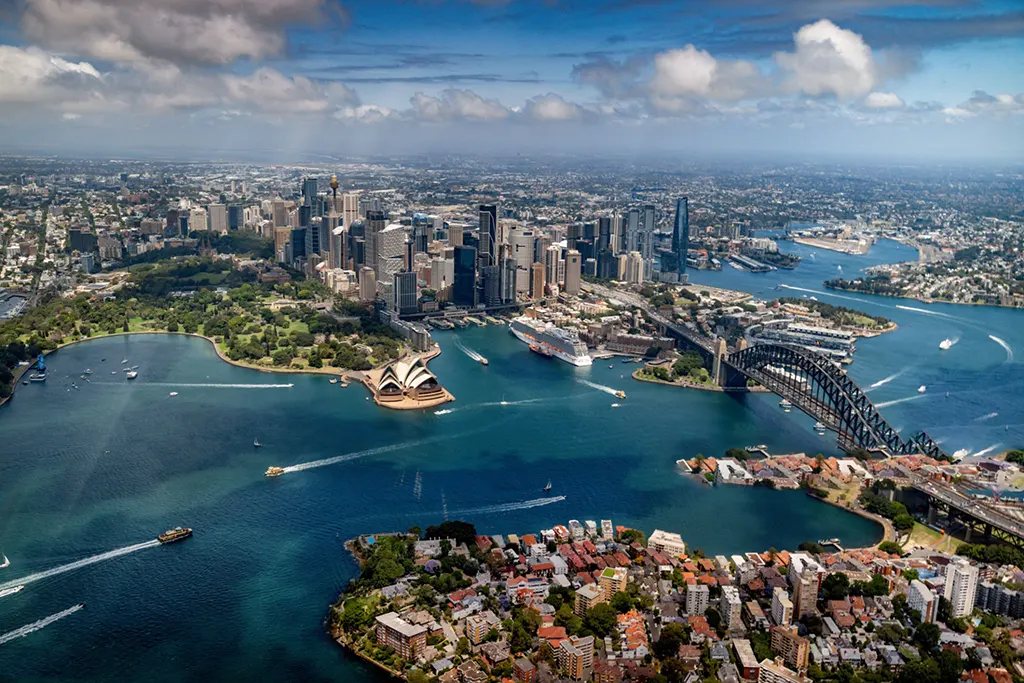
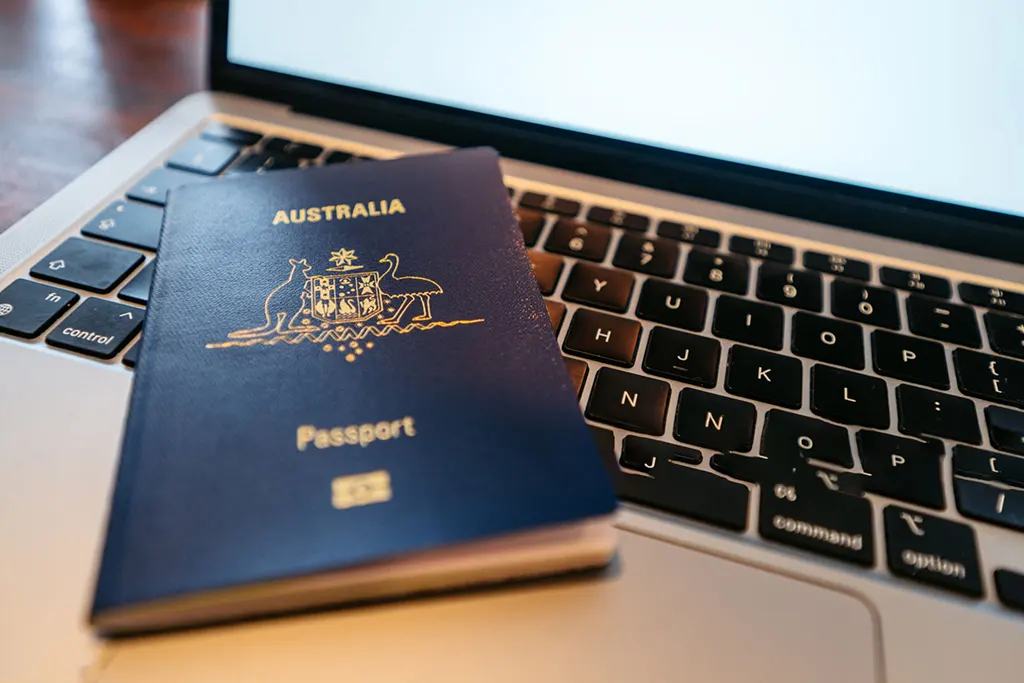
Australia’s passport opens doors to 185 countries, reflecting the country’s strategic alliances and global standing. Despite its geographic remoteness, Australia maintains robust diplomatic relations and trade partnerships.
Australian citizens enjoy visa-free travel throughout Europe, the Americas, and Asia-Pacific. The government’s focus on regional security cooperation and trade agreements enhances these privileges.
Australia’s reputation for safety, political stability, and multiculturalism also contributes to global trust in its passport.
Real-World Impact: Australians can travel for business expansion, educational pursuits, and leisure with relative ease, supporting Australia’s outward-looking economy and society.
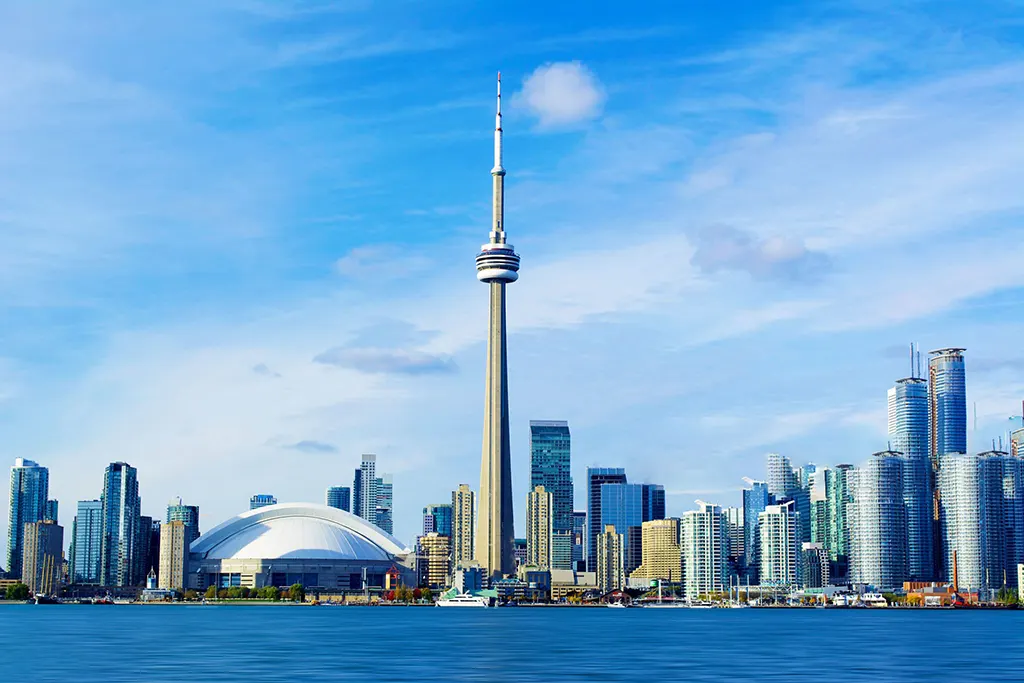

Canada’s passport is among the world’s strongest, offering access to 184 countries. Known for its multiculturalism, open immigration policies, and strong diplomacy, Canada has built extensive international partnerships.
Canadian passport holders enjoy freedom of movement throughout much of Europe and access to key markets worldwide. Canada’s participation in trade agreements like USMCA and CETA also indirectly strengthens its passport’s travel privileges.
Real-World Impact: Canadian citizens benefit from easy international access for work, study, and tourism. The passport also helps Canada attract global talent and facilitates Canadians’ global business ventures.
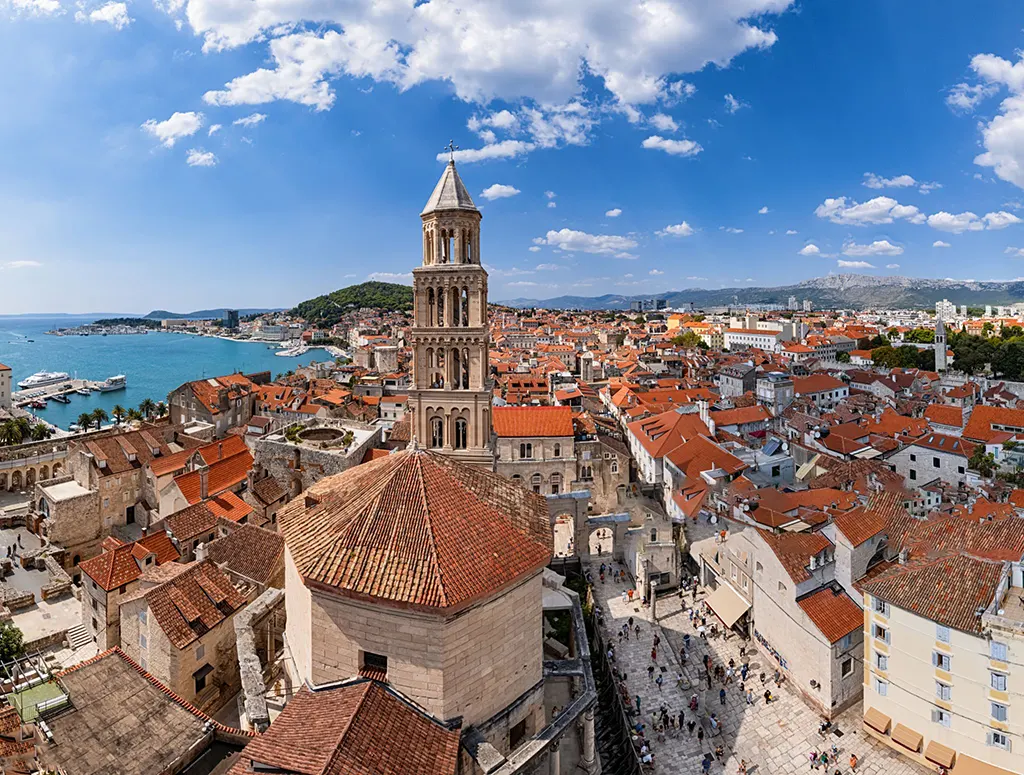
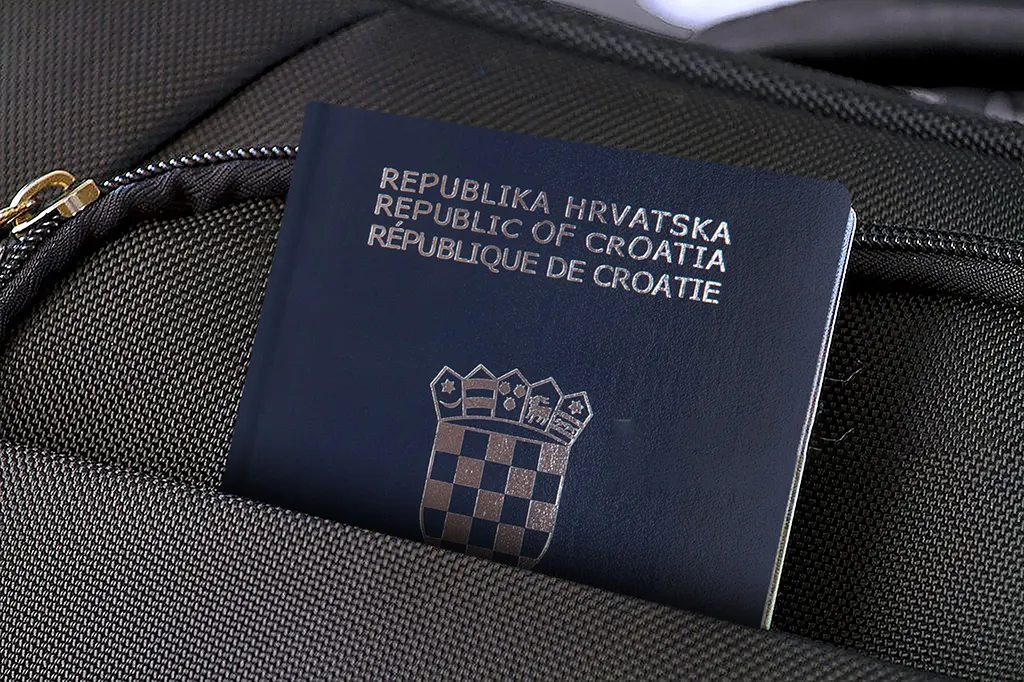
Croatia’s passport reflects its growing integration with Europe and the world, with visa-free access to 183 countries. Since joining the EU and Schengen Area, Croatia has expanded its citizens’ travel opportunities dramatically.
Croatia’s efforts to build diplomatic and economic ties in Southeast Europe and beyond have also paid off. Its rising tourism industry and geopolitical significance in the Balkans contribute to its passport’s increasing power.
Real-World Impact: Croatian citizens enjoy easier access to global markets and educational institutions, supporting the country’s ongoing development and international presence.

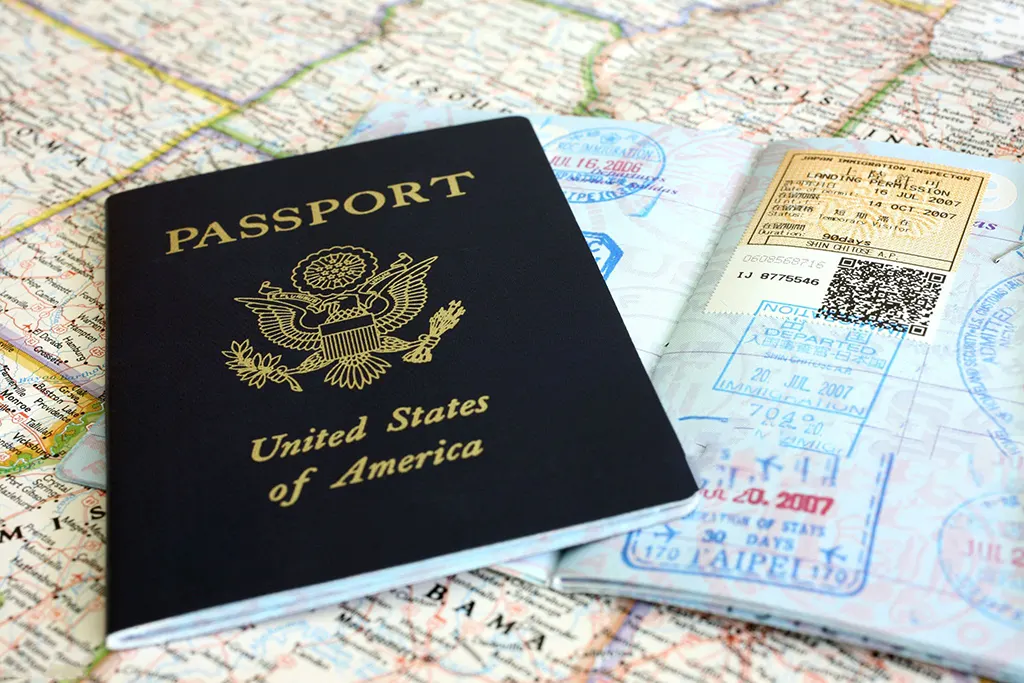
The United States passport, once the world’s most powerful, now ranks tenth with access to 182 countries. Recent policy changes focusing on security, immigration controls, and visa fees have contributed to this decline.
Despite this, the US passport remains highly respected and valuable, offering broad access across continents. The country’s global cultural, economic, and political influence continues to grant its citizens many travel privileges.
Real-World Impact: American passport holders can still travel widely for business, education, and tourism, though they may face more frequent visa requirements than in the past.
Why Passport Strength Is More Than Just Numbers
While visa-free country counts are important, passport power also depends on:
- The types of countries accessible: Access to economic hubs and popular destinations matters more than remote nations.
- Reciprocity and diplomatic relations: Countries with mutual agreements enhance their citizens’ travel freedom.
- Security and governance: Nations trusted for stability see greater travel ease for their people.
The Broader Impact: Passport Power Shapes Global Opportunity
Powerful passports boost economic growth by facilitating business travel and investment. They enable cultural exchange and international education, fostering global understanding. For individuals, they reduce bureaucratic burdens and costs associated with visas, encouraging mobility.
In 2025, global mobility is a key advantage for citizens of countries with strong passports. It’s a measure of international standing and a passport to opportunity in the modern world.
Your Passport, Your Key to the World
Singapore’s rise, Asia’s growing influence, Europe’s enduring strength, and shifts in traditional powers like the US reveal how dynamic global travel freedom has become. Whether for travel, business, or study, understanding passport power helps you navigate this changing landscape. For millions worldwide, the passport remains not just a document, but a gateway to the world’s possibilities.



